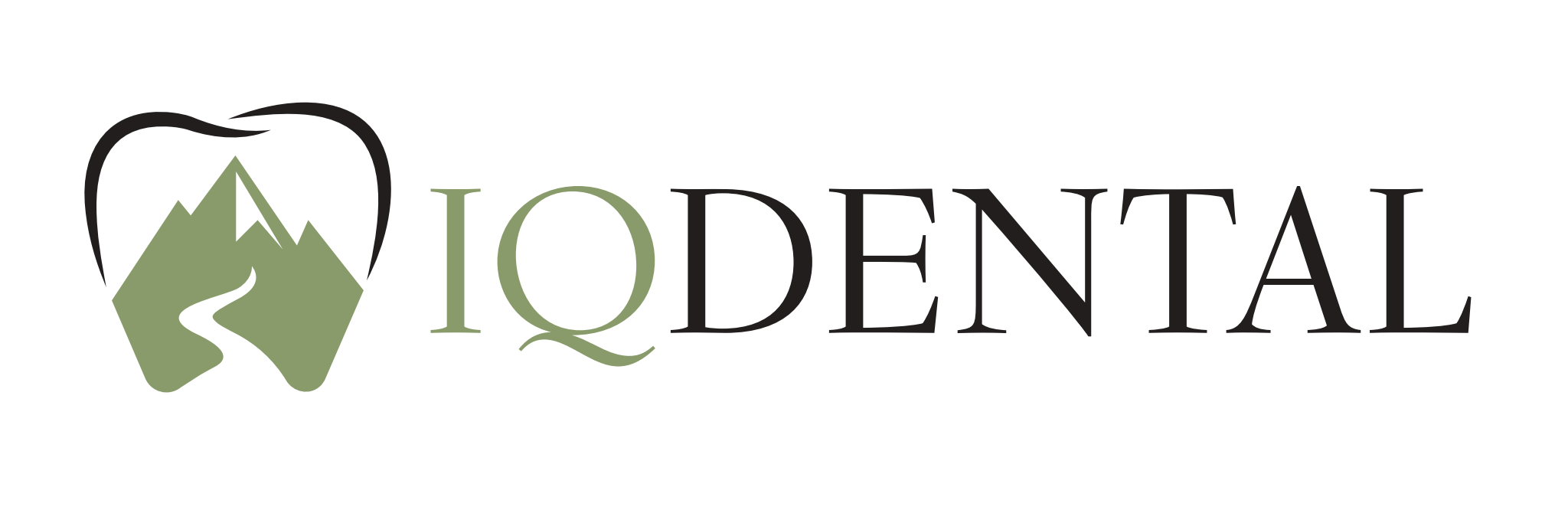CREATING BEAUTIFUL SMILES WITH
Appliances & Braces
The Canadian Dental Association recommends that children should have their first visit to their family dentist by their second birthday. This allows the child to become familiar and comfortable with the dental office environment. Dr. McKay, Dr. Gamini or Dr. Safari-Pour can provide an initial orthodontic assessment to check how the teeth and jaws are developing and discuss any changes that may occur during these early developmental years. Depending on the situation, you may eventually need a referral to the orthodontist, but many cases can be treated by Dr. McKay, Dr. Gamini or Dr. Safari-Pour.

Early Treatment
Certain problems with normal jaw growth and tooth development are best treated when children have a mix of permanent and adult teeth, around age seven. Sometimes two phases of treatment may be recommended. The treatment is timed to predictable stages of growth and dental development to provide the best potential for correction and improvement to your child's bite while they are growing.
The first phase of treatment may be initiated to prevent a problem from developing, intercept a developing problem or guide growth to correct any discrepancies between the upper and lower jaws and how they fit together. Directing the growth and development in a positive way while the child is actively growing allows development of the dental arches and provides enough room for the remaining adult teeth to erupt in a more ideal position. Common bite problems include:
- Normal jaw position with crooked teeth (Class I crowded)
- The lower jaw is not growing to fit the upper jaw and is set back from the ideal position. This is commonly referred to as an overbite (Class II)
- The lower jaw has grown more than the upper jaw producing a "bull dog" bite or an underbite (Class III)
- The teeth in the front don't touch. This is sometimes caused by a thumb sucking habit or a tongue thrust (Open Bite)
- The upper front teeth mostly or completely cover the bottom front teeth (Deep Bite)
- Some of the upper teeth are fitting inside the lower teeth (Cross bite)
If your child has any of these common bite problems, they may be an excellent candidate for early orthodontic treatment.
Functional orthopaedics or functional appliances are frequently used to address many of these bite problems. Some of the commonly used functional treatments may include but are not limited to:
- Upper and/or lower expansion appliances to encourage growth where it is deficient
- Twin Block appliance to interrupt the present bite and encourage growth of the lower jaw
- Upper expansion appliance in combination with a special head gear worn while sleeping to promote growth in the upper jaw
- Myofunctional appliance and/or therapy to encourage a different swallowing pattern
Braces & Invisalign
Most patients will require a second phase of treatment if they have needed phase-one treatment. Once all the teeth have erupted, Dr. McKay, Dr. Gamini or Dr. Safari-Pour can straighten the teeth and detail the bite with traditional braces or Invisalign®.
Good dental health means more than healthy teeth and gums. Ensuring that the teeth and jaws are properly aligned will help to protect the health and longevity of the teeth and bite by preventing unnecessary wear of tooth enamel and or existing restorative dentistry.
Braces are not just for teens! Many adult patients in our practice are choosing to improve their bite and enhance their smiles with traditional metal or porcelain braces. Traditional braces are a great choice in cases that require tooth movement to improve the fit and function of the bite as well as improve aesthetics. The treatment generally takes about 1-3 years depending on the severity or scope of the treatment.
Braces have never been better! Technology has also greatly improved in this area of dentistry. Braces are much smaller these days. They move the teeth faster and more accurately and they are easier to keep clean. If you have ever thought of improving your smile with braces, talk to Dr. Safari-Pour, Dr. Gamini, Dr. McKay or at your regular dental visit to discuss which options might be right for you.
Night Guard
The medical word for clenching or grinding your teeth is called bruxism. Grinding is the back-and-forth movement of the jaw. Clenching is the term for repeatedly biting down hard and for extended periods of time. Bruxism is a common condition that typically happens while you're sleeping or under stress. Many people do not even realize they grind their teeth while they sleep unless their sleep partner or dentist informs them.
Although the precise causes of bruxism are unknown, a mix of genetic, physical, and psychological factors may be to blame. When bruxism occurs during the day, strong emotions like stress, rage, anxiety, frustration, or tension may be present.
Because teeth grinding occurs when you are not in control of yourself, the more it occurs, the more you subject your teeth to loss of enamel. Additionally, teeth grinding harms teeth by breaking a fragile tooth and wearing down any fillings. Also, clenching your teeth while you sleep puts pressure on your TMJ, which can lead to misalignment. Chronic neck pain and headaches are frequently the first signs of potential bruxism.
IQ Dental may suggest a custom-made nightguard to relieve your TMJ jaw pain, prevent damage to your teeth, jaw, crowns, and other dental restorations, as well as to aid you with morning headaches. IQ Dental Night Guard is custom-made to fit the patient’s teeth. We digitally scan your teeth and make the most customized night guard for your teeth with the thermoplastic.






